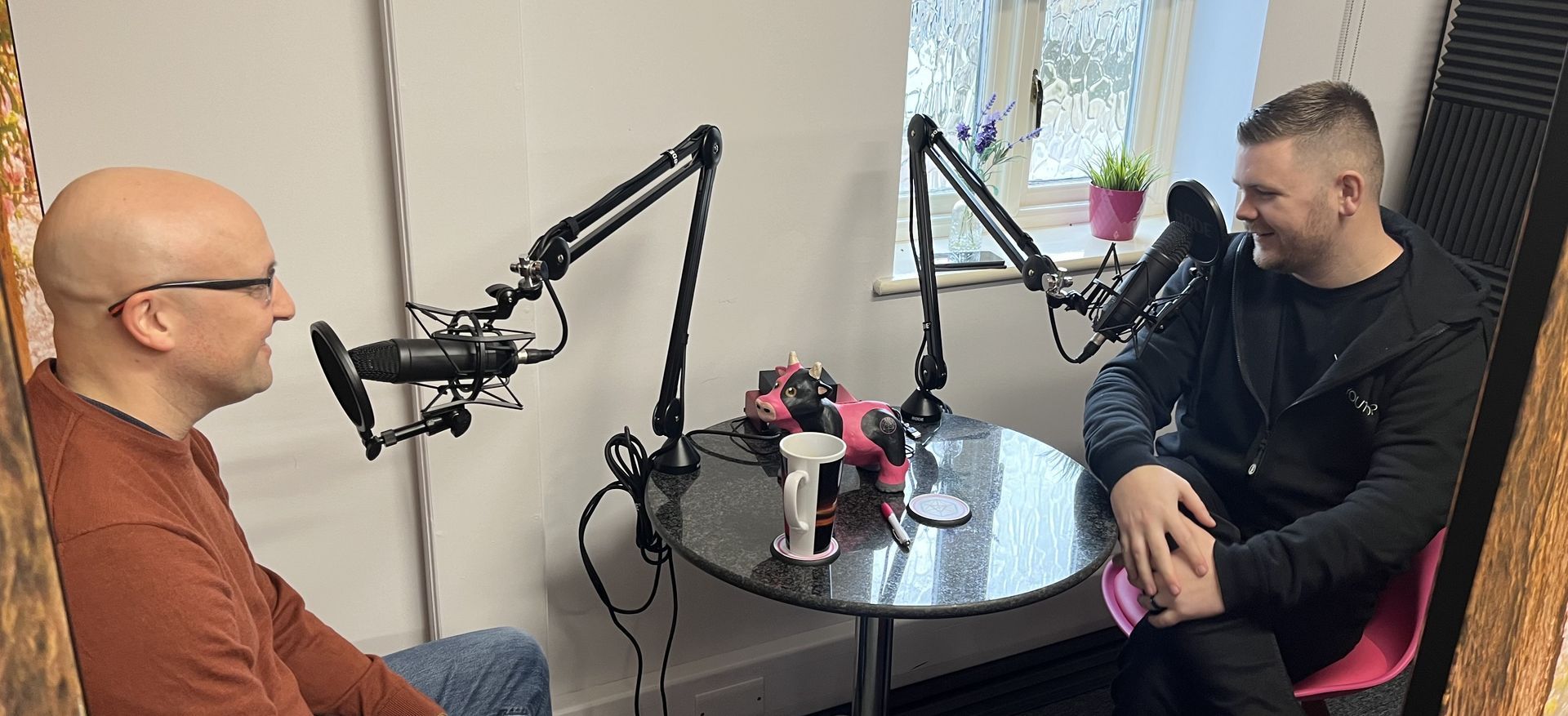August 21 Newsletter
Business Update

Finding the Right Advisor for Your Business
Partnering with the right accountant or bookkeeper can make a massive difference to your small business. If you don't believe us, here are two hard-hitting facts that back up this statement:
A UK survey of 1,500 small businesses found that those with an advisor work an average of 6 hours less every week than those without.
During the 2020 pandemic, businesses that thrived would consult professionals like accountants and bookkeepers before making important business decisions.
The question remains then, how do you find the right one for your business? Here are 3 steps to take.
Step 1: Know what your needs are
Many business owners tend to get stuck with an accountant that isn't the best fit for them because they don't really know what they need from them. Before you start your search, really think about your business. What systems and processes do you need help with? Do you just need compliance services or more of a business advisor who can support you as you grow?
Step 2: Know what you want from your accountant or advisor
Now you know what you need from your accountant (in terms of services), you should start thinking about what's most important to you. What industry do they need to be a specialist in? Do you prefer a certain size of business or client portfolio? Will you prefer to have face-to-face meetings or a lot of contact? Do you want an accountant who's savvy with cloud computing?
When you know exactly what you want from your accountant, beyond just the service, you will be far more successful in your search.
Step 3: Take the time to research and test
Finding the right fit takes time and patience. Think of it as a puzzle. Each piece you pick up is a candidate and you have to figure out where it goes and if it even fits.
Meet with the potential advisors that you're considering. Do they really understand the specifics of your business or industry? Do they seem proactive, not just in saving you money but helping you grow your business? Are they excited about working with you? What does your intuition tell you about them?
This is an incredibly important decision to make so take your time with it.
Now is the time to find the right advisor
It's going to be another difficult year for many small businesses, so this makes having the right accountant or bookkeeper even more important. Make sure to give yourself the best chance of success by finding the right one for your business now.
Accounting Update

Basic inheritance tax issues for families
This is a topic that we are often asked about so hopefully this will be useful.
What are the IHT (Inheritance Tax) thresholds?
The basic IHT Nil Rate band is £325,000 and in the 2021 budget it was frozen until at least April 2026. The nil rate band covers the estate and any gifts in the last seven years of life.
Is the Nil Rate Band a single lifetime allowance?
No, the nil rate band refreshes every seven years. An individual with assets in excess of the nil rate bank should consider giving sooner rather than later, as it maximises the chances of surviving the seven years.
Are there any other thresholds?
There is a residential nil rate band , this allows a person on their death to leave their house to a direct (lineal) descendant and get another £175,000 as well as the nil rate band, so the theoretical maximum is £500,000 per individual.
What is meant by a direct descendant?
This is typically a child, grandchild or other lineal descendant (this includes a step-child or an adopted child); or
A husband, wife or civil partner of a lineal descendant (including their widow, widower or surviving civil partner).
How does IHT work between spouses?
Your allowances effectively double to a maximum of £1,000,000 (£500,000 each for the nil rate band and residential nil rate band).
What is a spousal exemption?
It is possible to transfer both of the allowances on death to the surviving spouse, so there is no IHT on the first death and the full £1m can be used on the second death (subject to the restrictions on the residential nil rate band)
When is IHT due and who pays it?
On a death estate, it’s due within 6 months of the end of the month of death. Normally an estate is dealt with by a solicitor, but it is possible for the family to deal with it, if they have sufficient knowledge. It’s basically due from the estate, so payments to beneficiaries would be settled after the tax has been settled.
Sometimes there isn’t enough cash in the estate to pay the IHT, for example if the value is mainly in bricks and mortar, it is possible to pay in instalments over 10 years if this is the case. This means that the house won’t need to be sold to pay the tax.
App of the month

Cardless, contactless payments, just scan and go
No Fees
No delays
No cards
This app is a no-brainer for me, connect it to Xero and your customers can pay you very quickly using either the QR code or the link on the invoices, this will then reconcile in Xero and mark the invoice as paid.
Crezco
uses open banking to make the payment of your sales invoices even easier than before
Team News
We are very excited to introduce a new team member, Michelle. Michelle has worked in accountancy practices for over 10 years and brings lots of experience with her. Most importantly Michelle loves animals and looks after a dog (Laz), 4 cats, 3 hens, one cockerel and five rabbits. Please feel free to pop in and see us in the office. We are in every day apart from ‘work from home’ Fridays!
And, of course if there is anything you would like to discuss we are also available for video calls / phone calls (01908 751 972).
Keep safe and well,
Katherine, David, Ben and Michelle









